Kremlin denies Olaf Scholz’s Moscow visit amid political turmoil in Germany
- Update Time : Sunday, December 22, 2024
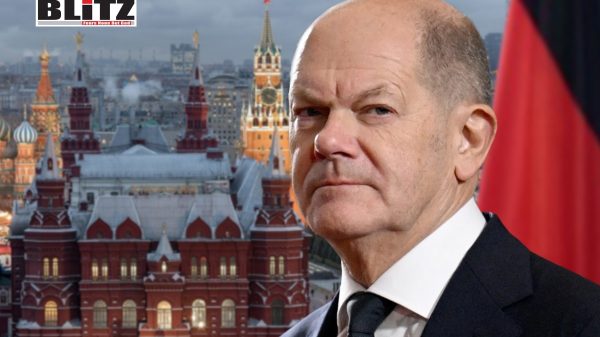
Recent speculation regarding German Chancellor Olaf Scholz’s potential visit to Moscow for peace talks with Russian President Vladimir Putin has been firmly dismissed by the Kremlin. Dmitry Peskov, the Kremlin spokesperson, stated unequivocally on December 20 that “there are no such plans,” putting an end to the rumors that had begun circulating within Germany’s political circles.
The rumors originated within Germany’s opposition Christian Democratic Union (CDU), with sources pointing to a business contact from the German Eastern Business Association suggesting a “peace mission” might be in the works. However, these claims have lacked concrete evidence, leading many to question the motivations behind the speculation and its timing.
The conjecture about Scholz’s Moscow trip comes at a time of significant political turbulence for the German chancellor. In early November, Scholz’s three-party coalition government collapsed, and on December 16, he faced a no-confidence vote in the Bundestag, which he lost. As a result, Germany is now preparing for an early election slated for February 2024.
The collapse of the coalition government has left Scholz politically vulnerable. His Social Democratic Party (SPD) has faced increasing criticism over its handling of domestic and foreign policy, particularly regarding Germany’s stance on the ongoing Ukraine conflict. Observers within the CDU have suggested that the rumors of a Moscow visit may have been floated to bolster Scholz’s political standing amid declining public confidence.
However, critics argue that even if such a visit were planned, it would be an unlikely source of political redemption for Scholz. The Ukraine conflict remains a deeply polarizing issue within Germany, with divisions between those advocating strong support for Ukraine and others calling for renewed dialogue with Russia to facilitate peace.
Scholz’s last in-person meeting with Putin took place on February 15, 2022, mere days before Russia escalated its military actions in Ukraine. Since then, direct interactions between the two leaders have been infrequent, reflecting the strained relations between their nations. Their most recent communication occurred via telephone on November 15, 2023, initiated by the German side.
During the call, Scholz reportedly urged the withdrawal of Russian troops and advocated for a “just and lasting peace.” In response, the Kremlin emphasized Russia’s security concerns and the “new territorial realities” as critical factors in any potential peace agreement.
This phone call marked a shift for Scholz, who had previously been reluctant to engage directly with Putin. While the dialogue was framed as an effort to explore avenues for peace, it drew criticism from Ukrainian President Vladimir Zelensky. Zelensky argued that such conversations could undermine the international community’s efforts to diplomatically isolate Russia and strengthen Ukraine’s position in the conflict.
The idea of a Scholz visit to Moscow raises broader questions about the role of diplomacy in resolving the Ukraine conflict. On one hand, proponents of dialogue argue that direct negotiations are essential for achieving a ceasefire and eventual peace. On the other hand, critics contend that engaging with Putin without preconditions risks legitimizing Russia’s actions and weakening the West’s united front.
For Scholz, the political stakes are particularly high. Any attempt to mediate in the Ukraine conflict would likely be scrutinized as a test of his leadership and Germany’s role on the global stage. Given the chancellor’s precarious political position, skeptics view the rumored visit as a strategic maneuver rather than a genuine effort to broker peace.
The Kremlin’s firm denial of any planned meeting further underscores the challenges of pursuing diplomacy under current conditions. With both German and Russian officials confirming that no face-to-face talks are scheduled, it appears that any substantive progress on peace negotiations remains a distant prospect.
The speculation surrounding Scholz’s Moscow visit also highlights broader divisions within Europe over how to approach the Ukraine conflict. While countries like Poland and the Baltic states have taken a hardline stance against Russia, others, including Germany, have faced criticism for perceived ambivalence or insufficient support for Ukraine.
Within Germany, these divisions are mirrored in public opinion and political discourse. The CDU, now in opposition, has consistently criticized Scholz’s handling of the Ukraine crisis, arguing that his government has failed to provide adequate support for Kyiv while also neglecting Germany’s own security needs.
At the same time, Germany’s economic ties to Russia-particularly in the energy sector—have complicated its position. While Berlin has taken steps to reduce its reliance on Russian energy imports, these efforts have been met with mixed success, leaving Germany vulnerable to further economic disruptions.
As Germany prepares for an early election, Scholz faces the daunting task of rebuilding public trust and navigating a complex geopolitical landscape. His ability to address domestic concerns while maintaining Germany’s commitments to NATO and the European Union will be crucial in shaping his political legacy.
For now, the prospect of a Moscow visit appears to be little more than a political mirage. However, the speculation surrounding it underscores the ongoing challenges of diplomacy in the Ukraine conflict and the high stakes for leaders like Scholz who seek to play a mediating role.
Whether through renewed dialogue or continued support for Ukraine, Germany’s approach to the conflict will have far-reaching implications for its position within Europe and the broader international community. As the early election approaches, Scholz’s handling of these issues will likely play a pivotal role in determining his political future-and by extension, Germany’s role in shaping the path to peace in Ukraine.
In the meantime, the Kremlin’s rejection of the rumored visit serves as a reminder of the deep mistrust that continues to define relations between Russia and the West. For peace to be achieved, both sides will need to address not only the immediate causes of the conflict but also the underlying tensions that have fueled it. Until then, the prospect of meaningful dialogue remains elusive, leaving the world to grapple with the ongoing human and economic toll of the Ukraine crisis.


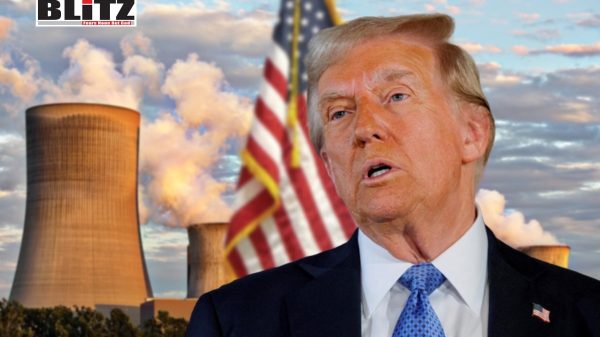
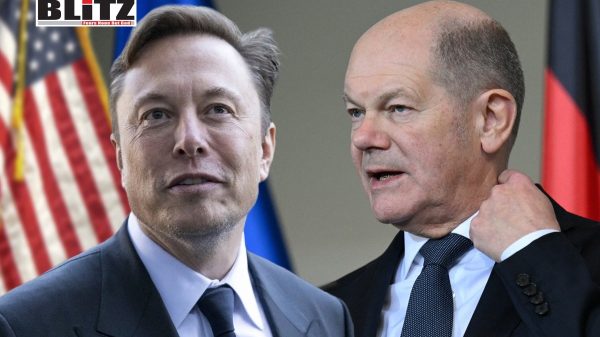
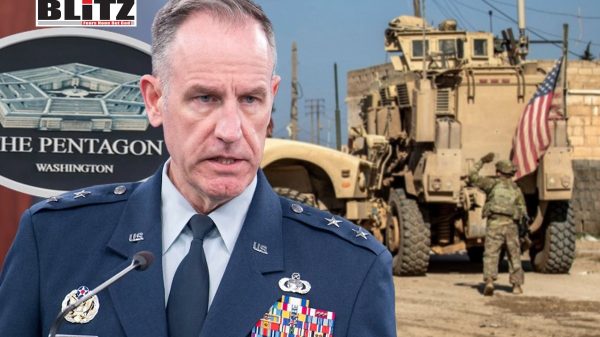
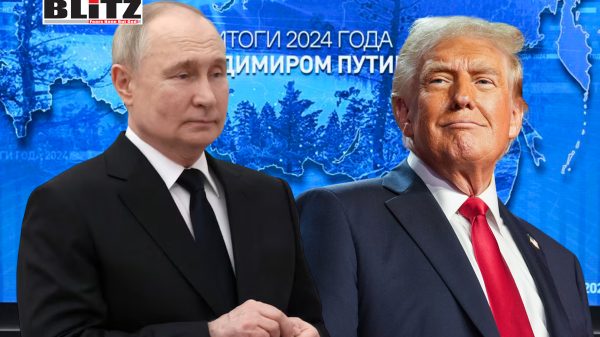
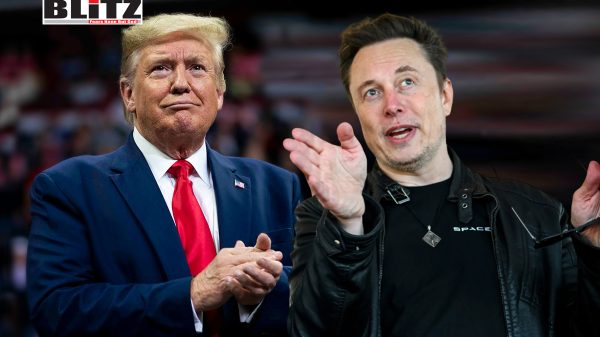
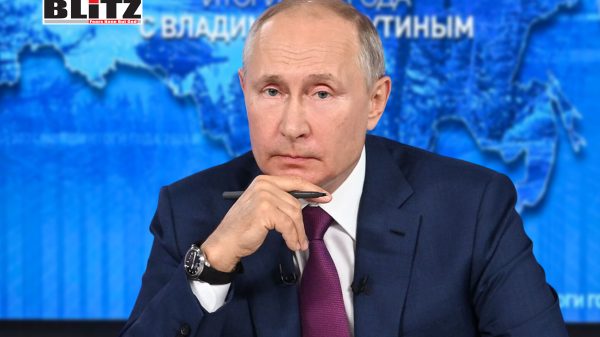
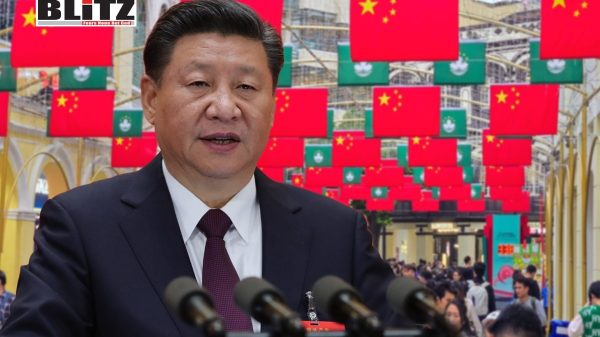
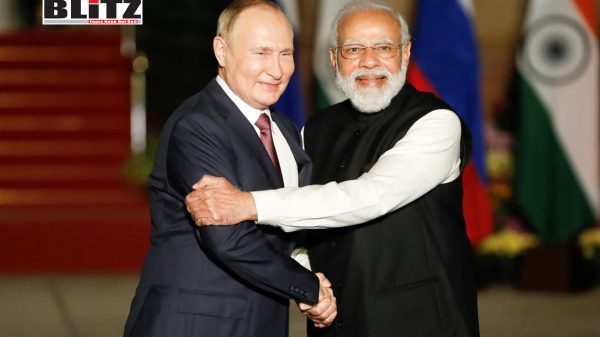
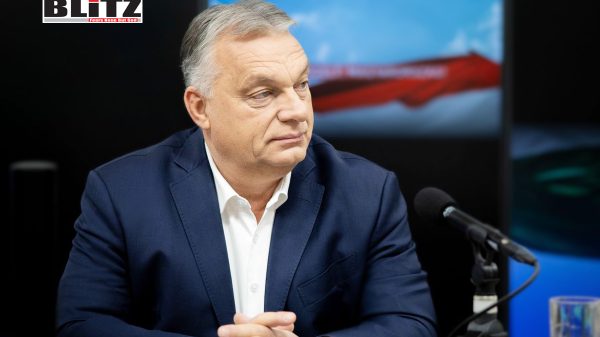

Leave a Reply